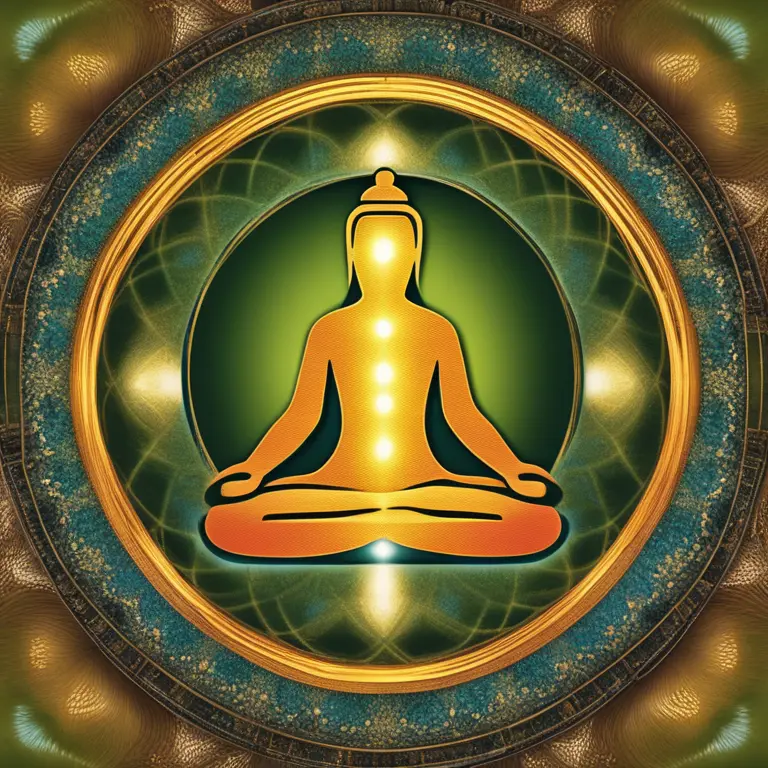
Calming the Mind: Effective Meditation for Anxiety Relief
Discover tranquility through proven meditation techniques designed to alleviate anxiety, fostering a peaceful state of mind.
article by Hina Kurosawa
Introduction to Meditation for Anxiety
With anxiety affecting millions of people globally, the search for natural and effective strategies for managing this condition is more important than ever. Meditation has emerged as a powerful tool in the fight against anxiety, providing a path to a tranquil mind. In this article, we will delve into various meditation techniques that have shown to be particularly beneficial for those dealing with anxiety.

Mindfulness Meditation Fundamentals
Mindfulness meditation teaches individuals to focus on the present moment non-judgmentally. This technique often involves deep breathing and awareness of body and mind. By acknowledging and accepting thoughts and feelings without attaching or reacting to them, you can break the cycle of anxiety and allow a calmer state of being to emerge.

Body Scan Meditation for Physical Awareness
A body scan meditation involves paying deliberate, nonjudgmental attention to different parts of the body. Starting from the toes and working your way up to the head, this method aids in identifying areas holding stress and encourages relaxation. Engaging in regular body scans can significantly reduce physical manifestations of anxiety.

Breathing Techniques to Control Panic
Controlled breathing practices, such as diaphragmatic breathing or "belly breathing," have been shown to lower stress levels and promote relaxation. By focusing on deep, even breaths, one can trigger the body's natural relaxation response, counteracting the heightened state of arousal that comes with anxiety.

Moving Meditations for a Dynamic Approach
Not all meditation requires stillness. Techniques like yoga, tai chi, or even walking meditations combine movement with mindful awareness, forming a dual strategy to tackle anxiety. The physical exercise releases tension, while the meditative aspect redirects the mind away from anxious thoughts.
Guided Imagery for a Peaceful Retreat
Guided imagery is a visualization technique where you imagine a serene environment or a situation that evokes calmness. Through vivid descriptions and soothing narratives, guided imagery provides an escape from the stress of the present, transporting the mind to a place of tranquility.
Mantra Meditation to Distract Worrying Thoughts
Repeating a mantra – a word, phrase, or sound – can help focus the mind and eliminate the stream of anxious thoughts that may run through your head. The repetitive nature of a mantra can create a sense of mental quietude, providing a break from constant worry.
Progressive Relaxation to Ease the Mind
Progressive muscle relaxation involves tensing and then relaxing different muscle groups in succession. This practice not only releases physical tension but also promotes mental relaxation. As you progress through the technique, the decrease in bodily stress often leads to a clearer and more peaceful mindset.
Adapting Meditation to Personal Needs
There isn't a one-size-fits-all approach to meditation for anxiety. It's important to experiment with different techniques and adapt them to suit your personal needs and preferences. Consistency is key, so finding a practice that you can maintain regularly will bring about the best results for anxiety relief.
Final Thoughts on Meditation and Anxiety
While meditation is not a cure for anxiety, it serves as a powerful complementary practice that can significantly ease symptoms and cultivate a more serene mental landscape. If you're new to meditation or dealing with severe anxiety, consider working with a qualified instructor who can guide you through these techniques safely and effectively.
Published: 2/12/2024
Modified: 2/12/2024
More predictions
Come back here soon to learn more about yourself and your future


Calming the Mind: Meditation Practices for Anxiety Relief
Discover effective meditation techniques designed to soothe anxiety and promote tranquility in our daily lives.


Diverse Meditation Techniques for Inner Tranquility
Explore a concise guide to diverse meditation techniques designed for fostering inner peace and mindfulness in the modern world.


The Spectrum of Meditation Practices for Inner Harmony
Delve into the various meditation techniques designed to foster mindfulness, tranquility, and deeper self-awareness.